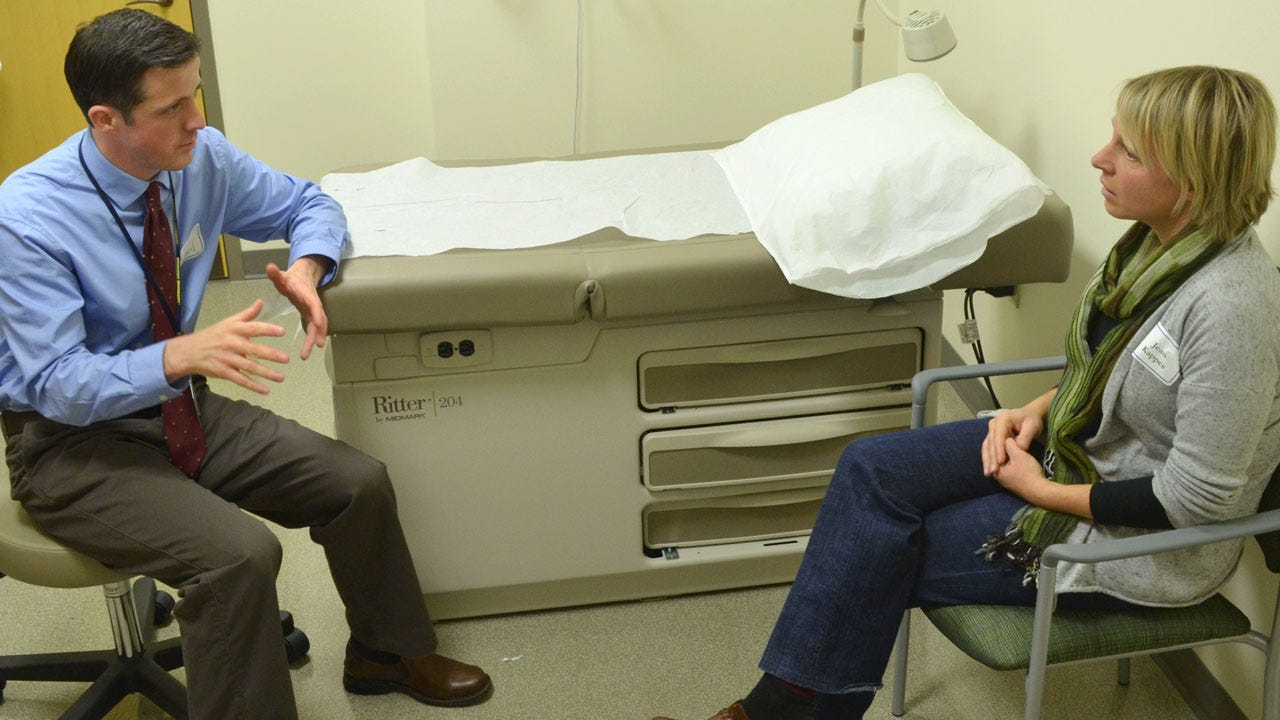My Life as a Liar
I’m a liar. A really good liar. It takes little effort to convince a stranger that I’m a doctor or a lawyer. Or a chef. Or that I need $5 for bus fare. I can’t soar through the air. Or become invisible on command. But I can lie. Lying is my super power.
It started when I was kid. Telling fibs got me attention. Mostly the good kind. Until I told a whopper to my third-grade classmates about how Willie Stargell, the star first baseman of the World Series Winning Pittsburgh Pirates, was coming to our house for dinner. I didn’t count on my friend’s mothers calling mine to get the scoop. The repercussions from that one made an honest girl out of me. For a while.
I still chose careers where lying was a required skill for success. As a media buyer, the lies I told — to sales reps, the clients, my supervisor — rolled off my tongue like butter. I did whatever I needed to make my buys came in on budget.
Then I transferred to the mother of all lying careers — sales. I sold television commercial airtime and needed to up my lying game to ensure that my three “bosses” — the media buyer to whom I sold the time, the manager at the television station I represented, and my own sales manager — all believed I had only their best interests at heart.
Although there was some overlap in what they each wanted, there was also a good amount of conflict. My life was easier when each felt s/he was the most important, so I found ways to make that so.
When I realized that if I stayed in that job, “She was a fantastic liar” would be engraved on my tombstone, I walked away. To become a writer. Of fiction. Still a liar, but the kind that is much more societally acceptable.
I came back to lying for money (Oh, did you think all fiction writers got paid well?) when I got a gig as a Standardized Patient for a local medical school. I lied to medical students about who I was, what medical conditions I had, and the state of my emotions. All to help teach interpersonal skills vital to building trusting doctor/patient relationships.
The paradox is that during the last twenty-five years, I’ve worked diligently to become aware of and stop telling myself the lies about who I am. The ones that prevent me from being my real self. When I stopped lying to me, it became easier not to lie to others. Unless it’s for the greater good.
Like lying to my mother about why I couldn’t drive her to her birthday lunch because I was picking up a friend she hadn’t seen in a year to surprise her. Or telling a medical student I have cancer. These lies have a purpose rooted in positive outcomes. They’re not selfish, like the one I spun when I was eight so all my friends would think I was cool. Or those I’ve told to protect my ego.
I had a chance to avoid the truth to save my ego the other day. I registered for an online course and noticed they charged me tax. I’ve taken several online classes over the last couple of years and had never been assessed state tax, so I called. Convinced I was right, I was a little spicy with the customer service rep who finally agreed to check with her supervisor.
While on hold, I googled the law and discovered Pennsylvania enacted new legislation in 2016 that entitles them to 7% on all digital products and services.
I really wanted to hang up. I felt embarrassed I’d been so adamant. And so wrong.
Instead, I waited for her to get back on the line and before she could say a word, I apologized. Profusely. It wasn’t easy, but I chose not to invoke my superpower because it only would have been to save myself from the reality of my error. Although not quite a lie, this was rooted in the same desires that drive lying - to appear more than or to save face.
My innate lying talent could have turned me into a sociopath. But I choose to use my powers for good and face the truth even when it contradicts what I believe and especially when it feels crappy.
We all make choices around lying and acknowledging the truth. Mine is one I can live with, even when it makes me vulnerable.



